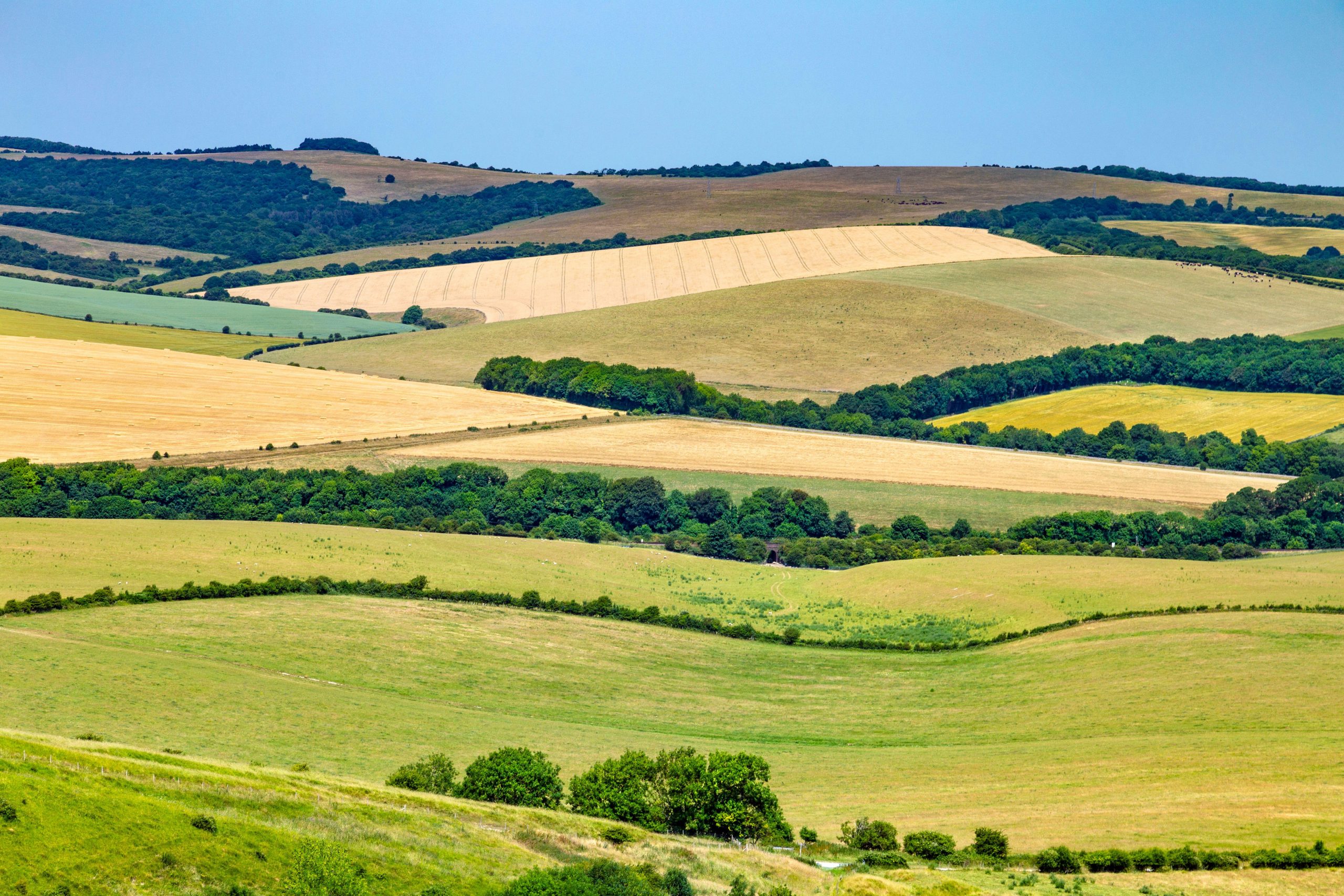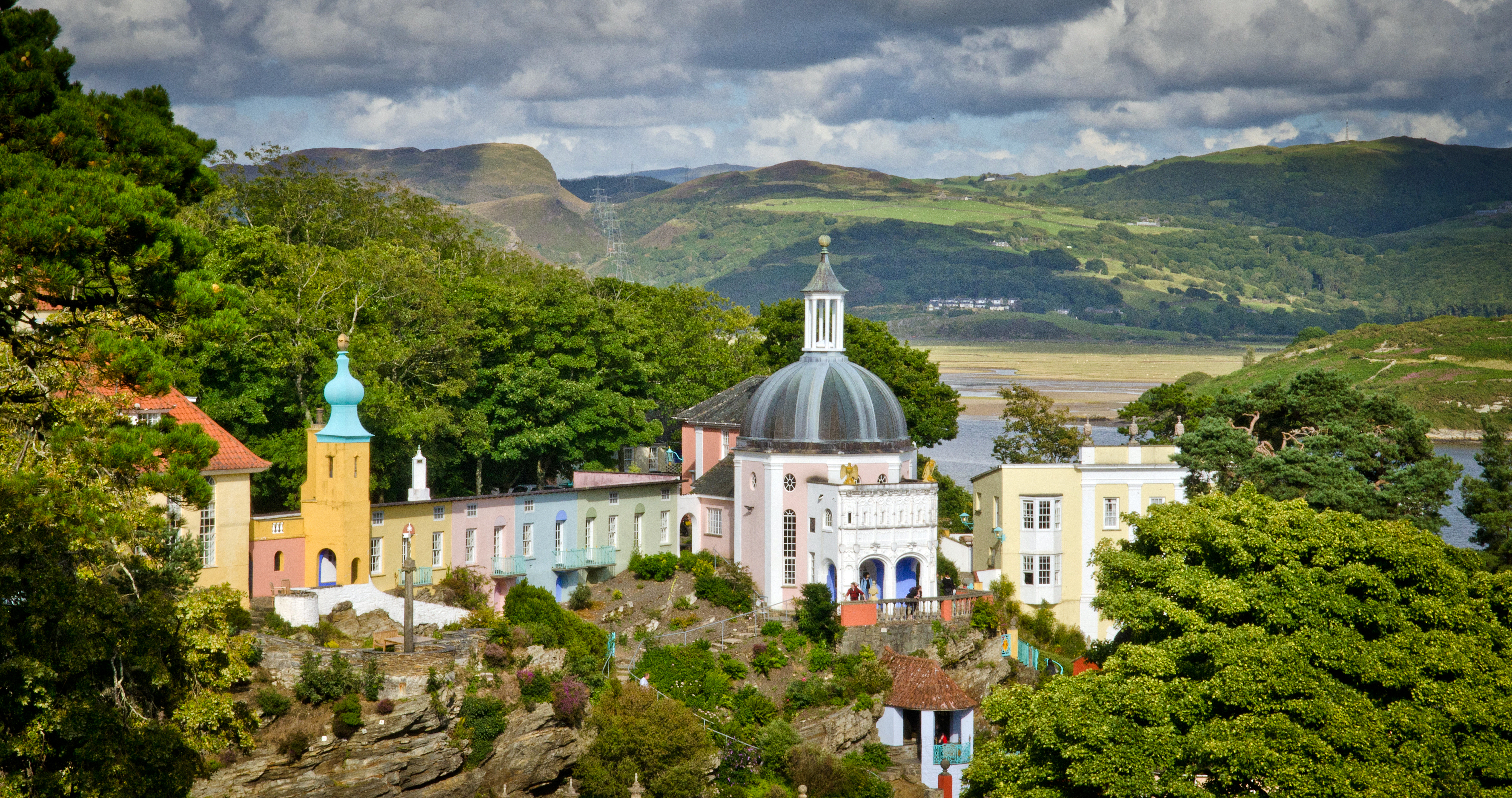Our countryside is utterly magnificent — now is the time to find the will to save it
James Fisher reports back from the Future Countryside conference at Hatfield House.


As the great and the good descended upon Hatfield House for the inaugural Future Countryside conference, there was an air of anxious excitement. For someone who spends a lot of time online, reading ideas and counter ideas about the past, present and future of rural Britain, the guestlist was like watching my Twitter feed come to life. One thing is sure — it was no mean feat getting so many people, with so many different viewpoints, into the same room. Regardless of what happens next, this was progress.
But, as Rory Stewart pointed out in his opening address, it was only a start. He made the salient point that, although ‘many of us disagree profoundly with each other, at forums like this, we suppress those disagreements’.
This, he pointed out, would simply not do. Now is the time to make tough decisions and to accept that not everyone was going to get exactly what they wanted.
Speeches by Henry Dimbleby, Thérèse Coffey, Peter Mandelson and Daniel Zeichner were all well and good, but it was the delegate discussions that were both exciting and disheartening. People took Mr Stewart’s words to heart and didn’t pull their punches about what they believed to be the issues facing the countryside — housing, Nature, sustainable food production, to name a few.
But we’ve heard a lot of this before. The issue was, and is, a lack of political will to enact change. The ideas are there. The passion is there. Let’s hope those in the halls of power who were present can put them into action.
Labour sets out stall for the countryside
‘The countryside ‘does not belong to the Conservatives,’ said Peter Mandelson, as he set out the stall for Labour’s ambitions for the next general election and beyond. At the Future Countryside conference at Hatfield House, Hertfordshire, last week, the Labour peer said rural votes were ‘up for grabs’ and emphasised not only his, but the party’s, links to rural England in a speech to several hundred conference delegates, which included farmers, campaigners, environmentalists, policymakers and business leaders.
Lord Mandelson was keen to remind those present that, despite poor rural returns in recent years, the Labour party had taken a very pro-countryside approach in the past, especially after the Second World War, adding that the ‘countryside was, is and will be a great Labour cause’. He reminisced on the actions of his grandfather, Herbert Morrison, who said ‘we are a national party, or we are nothing’, and highlighted Labour’s creation of national parks and Areas of Outstanding Natural Beauty in the post-war Attlee government. He added that, in the past, the party would never have ‘pitched city against countryside’ and that the party ‘understood in those days, that Labour’s appeal had to be to the whole country, not just select parts of it, not just where people were running into our arms’.
Sign up for the Country Life Newsletter
Exquisite houses, the beauty of Nature, and how to get the most from your life, straight to your inbox.
He told delegates: ‘Pitching town versus village was not the Labour way — that’s what we have to remind ourselves. There’s been two worlds with an incomplete understanding of each other. We have a choice. Do we want to bridge that division or widen it? For a national party aspiring to be in Government, the answer is “we bridge, not divide”.’
'The important truth is that our countryside is utterly magnificent'
He also fired a warning shot to those on the left of his party, whom he cautioned against ‘picking a fight’ with rural people and their traditions. ‘Rural people feel that we don’t get them, that we want to pick a fight with them,’ he said. ‘We are about power, not protesting in the streets. If it is wrong for the right wing in our country — and I believe it is wrong — for them to stoke culture wars against minorities, it is just as wrong for the left wing to stoke culture wars against rural minorities.’
He also took aim at the Conservatives’ rural record in Government for the past 13 years, saying that he saw ‘a Conservative party that has taken rural Britain for granted’ and that rural people are ‘feeling let down and angry’. He said that the Conservatives had ‘chased trade deals that have let farmers down, standards down and the public down’, before adding that rural voters ‘are as ready for change as everyone else’.
Throughout his speech, he repeatedly expressed his own adoration for the countryside, talking about his own farm and how the countryside gives him ‘solace, decompression and friendship’. He concluded his words by giving his backing to farmers, saying that ‘if we aren’t careful, sometimes the narrative around the countryside can sound quite negative. Don’t give into the temptation to be negative.
‘The important truth is that our countryside is utterly magnificent,’ he added.
'Everyone has a part to play in the discussion of our countryside. Its future matters to us all. It should be a point of unity, not a source of division’.

James Fisher is the Deputy Digital Editor of Country Life. He writes about property, travel, motoring and things that upset him. He lives in London.
-
 Ford Focus ST: So long, and thanks for all the fun
Ford Focus ST: So long, and thanks for all the funFrom November, the Ford Focus will be no more. We say goodbye to the ultimate boy racer.
By Matthew MacConnell
-
 ‘If Portmeirion began life as an oddity, it has evolved into something of a phenomenon’: Celebrating a century of Britain’s most eccentric village
‘If Portmeirion began life as an oddity, it has evolved into something of a phenomenon’: Celebrating a century of Britain’s most eccentric villageA romantic experiment surrounded by the natural majesty of North Wales, Portmeirion began life as an oddity, but has evolved into an architectural phenomenon kept alive by dedication.
By Ben Lerwill